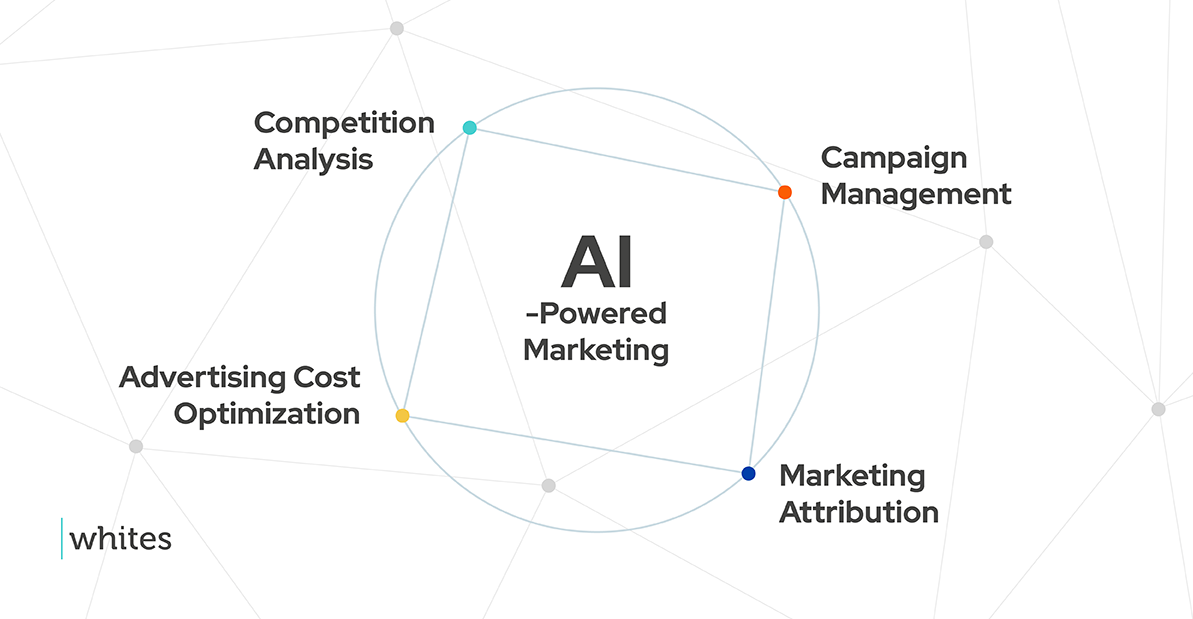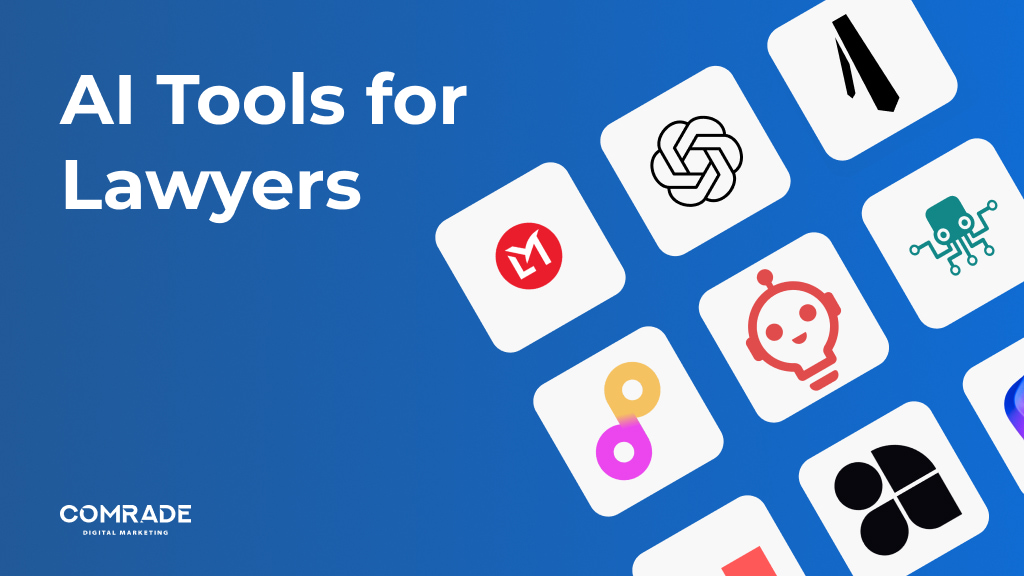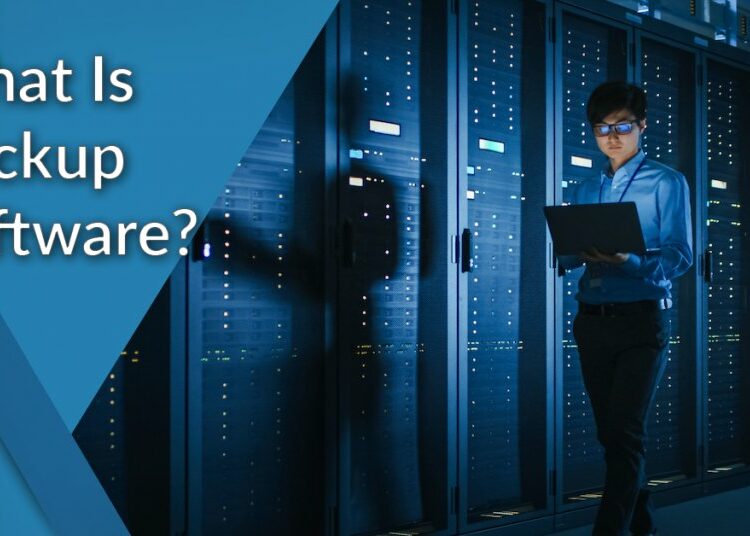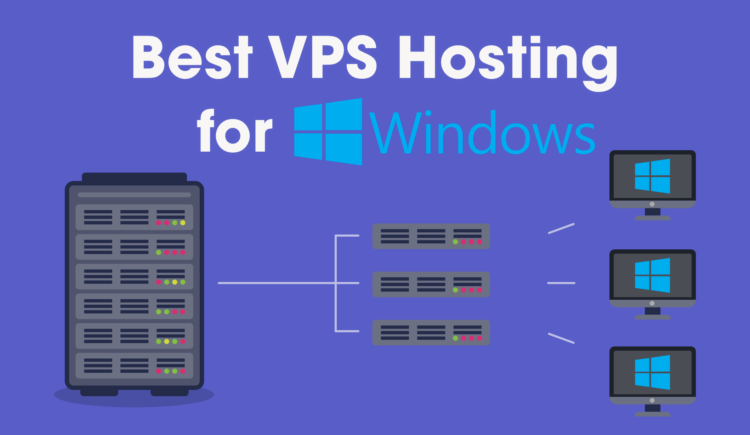The traditional image of accounting firms with dedicated servers and in-house IT departments is fading. Desktop cloud hosting is changing the landscape, allowing firms to access software and data remotely, reduce overhead costs, and potentially improve client service. However, this shift comes with its own set of challenges, including data security and the need for reliable internet connectivity.
Toc
- 1. Introduction to Desktop Cloud Hosting
- 2. Enhanced Productivity and Collaboration
- 3. Unmatched Data Security and Compliance
- 4. Scalability and Flexibility for Growing Businesses
- 5. Related articles 01:
- 6. Streamlined Workflows and Reduced IT Costs
- 7. User Permissions and Data Integrity
- 8. Seamless Integration with Third-Party Applications
- 9. Automated Backups and Disaster Recovery
- 10. 24/7 Technical Support and Security Updates
- 11. Choosing the Right Desktop Cloud Hosting Provider
- 12. The Future of Desktop Cloud Hosting for Accounting Firms
- 13. Related articles 02:
- 14. Current Trends in Desktop Cloud Hosting
- 15. Enhancing Client Relationships Through Cloud-Based Accounting
- 16. Frequently Asked Questions
- 17. Conclusion
Introduction to Desktop Cloud Hosting

Desktop cloud hosting is a transformative solution that enables accounting firms to access their applications and data from virtually anywhere with an internet connection. This flexibility is crucial in today’s fast-paced business environment, where remote work is becoming the norm. By leveraging desktop cloud hosting, accounting firms can improve collaboration, enhance productivity, and ensure the security of sensitive financial information.
As firms navigate the complexities of digital transformation, desktop cloud hosting offers a way to overcome common challenges, such as managing client data and ensuring compliance with industry regulations. In this guide, we will explore the key benefits and features of desktop cloud hosting for accounting firms, along with practical advice on choosing the right provider.
Enhanced Productivity and Collaboration
One of the standout advantages of desktop cloud hosting is the ability to access accounting applications from anywhere. This capability is particularly beneficial for accounting firms with remote teams or those that need to work from various locations.
With desktop cloud hosting, multiple users can access the same QuickBooks company file simultaneously, fostering seamless collaboration among team members. This real-time access allows for efficient communication and quick decision-making, which is essential for maintaining high levels of client service.
For example, a firm with offices in New York and Los Angeles can use cloud hosting to allow accountants in both locations to work simultaneously on a client’s tax return, eliminating the need for physical file sharing and reducing delays. During the recent global pandemic, many accounting firms successfully transitioned to remote work, relying on desktop cloud hosting to maintain productivity. Teams could collaborate effectively, ensuring that client needs were met without interruption.
Unmatched Data Security and Compliance
Data security is paramount for accounting firms, given the sensitive nature of the information they handle. Desktop cloud hosting providers employ robust security measures to protect client data from breaches and unauthorized access.
Reputable providers implement features such as data encryption, multi-factor authentication, and regular data backups. These measures ensure that sensitive financial information is safeguarded against cyber threats. For instance, Apps4Rent, a leading QuickBooks hosting provider, has achieved SOC 2 Type II and ISO 27001 certifications, demonstrating their commitment to robust security practices. By entrusting their data to a cloud-based solution, accounting firms can significantly reduce the risk of costly data breaches and the reputational damage that often accompanies them.
Moreover, many desktop cloud hosting providers are compliant with industry regulations, helping firms meet necessary compliance requirements. This is particularly important for accounting firms, which must adhere to strict standards to protect client information.
Scalability and Flexibility for Growing Businesses

As accounting firms expand, their operational needs change. Desktop cloud hosting offers a scalable solution that allows firms to adjust resources as necessary. Whether it’s adding more users, increasing storage capacity, or enhancing computing power, desktop cloud hosting provides the flexibility needed to accommodate growth.
This scalability is not only convenient but also cost-effective. By using desktop cloud hosting, firms can avoid the high costs associated with traditional on-premises IT infrastructure, such as hardware upgrades and maintenance. According to a 2023 study by Gartner, businesses using cloud hosting can save up to 30% on IT infrastructure costs compared to maintaining on-premises servers. Instead, they can redirect these resources towards strategic initiatives that drive growth.
1. https://kalimbatran.com/archive/1454/
2. https://kalimbatran.com/archive/1455/
3. https://kalimbatran.com/archive/1461/
Streamlined Workflows and Reduced IT Costs
Incorporating desktop cloud hosting into an accounting firm’s operations can streamline workflows significantly. By integrating with various accounting applications, firms can access all essential tools from a single, centralized platform. This integration reduces the time spent switching between applications and enhances overall efficiency.
Additionally, desktop cloud hosting helps reduce IT costs. Firms can eliminate expenses related to purchasing and maintaining hardware, software licenses, and hiring dedicated IT staff. Cloud providers manage technical aspects like software updates and server maintenance, allowing accounting teams to focus on their core competencies and deliver exceptional client service.
User Permissions and Data Integrity
Another critical feature of desktop cloud hosting is the ability to control user permissions granularly. This capability allows accounting firms to grant different levels of access based on team members’ roles, ensuring that sensitive data is only visible to those who need it.
For example, staff accountants may have read-only access to certain client files, while partners or managers can be granted administrative privileges. This control not only helps maintain data integrity but also minimizes the risk of unauthorized access or accidental data breaches.
Seamless Integration with Third-Party Applications

Accounting firms often rely on various specialized applications, from tax preparation software to customer relationship management (CRM) tools. Desktop cloud hosting facilitates seamless integration with these third-party applications, allowing teams to access all necessary tools within a single platform.
This level of integration enhances workflow efficiency and ensures that accounting data is synchronized across all business-critical systems. By streamlining processes, firms can improve productivity and reduce the likelihood of errors.
Automated Backups and Disaster Recovery
Data loss can be catastrophic for accounting firms, making automated backups and disaster recovery plans essential. Desktop cloud hosting providers typically offer automated backup features that protect data from hardware failures, software glitches, and even natural disasters.
These backup systems ensure that critical financial information is securely stored and readily available, allowing firms to recover quickly in the event of an unforeseen incident. With robust disaster recovery plans in place, firms can maintain business continuity and continue serving clients without interruption.
24/7 Technical Support and Security Updates
Reliable technical support is vital for accounting firms, especially when dealing with sensitive data and critical applications. Desktop cloud hosting providers typically offer 24/7 technical support, ensuring that any questions or concerns are addressed promptly by a team of skilled professionals.
Moreover, these providers maintain vigilant security measures, proactively monitoring for threats and rolling out security updates to protect systems and data from emerging vulnerabilities. This level of support and security is crucial for maintaining the integrity of accounting operations.
Choosing the Right Desktop Cloud Hosting Provider
Selecting the right desktop cloud hosting provider is essential for an accounting firm’s success. When evaluating potential providers, consider factors such as pricing, security certifications, customer support, data center location, and compatibility with your preferred QuickBooks versions.
Some reputable desktop cloud hosting providers specializing in QuickBooks hosting include Apps4Rent, Fourlane, and Sagenext. Each of these providers offers unique features and benefits tailored to meet the needs of accounting firms.
The Future of Desktop Cloud Hosting for Accounting Firms
As the accounting industry continues to evolve, the role of desktop cloud hosting will become increasingly significant. Advancements in technology, such as artificial intelligence and machine learning, are transforming cloud hosting solutions, enabling firms to automate routine tasks and derive data-driven insights.
The potential for further integration with other accounting applications will streamline workflows and enhance efficiency. Accounting firms that stay informed about the latest developments in desktop cloud hosting will be better positioned to thrive in an increasingly competitive landscape.
1. https://kalimbatran.com/archive/1458/
2. https://kalimbatran.com/archive/1457/
3. https://kalimbatran.com/archive/1456/
Current Trends in Desktop Cloud Hosting

The increasing popularity of mobile accounting apps and their integration with cloud hosting platforms is a trend that firms should not overlook. These apps allow accounting firms to provide clients with real-time access to financial information and streamline communication, enhancing overall client service.
Furthermore, the growing adoption of artificial intelligence (AI) and machine learning (ML) in accounting cannot be ignored. Cloud hosting platforms are increasingly incorporating AI and ML capabilities to automate tasks, improve data analysis, and enhance fraud detection. This integration not only boosts efficiency but also empowers firms to deliver more insightful financial advice to their clients.
Enhancing Client Relationships Through Cloud-Based Accounting
Utilizing desktop cloud hosting can significantly enhance client relationships for accounting firms. With real-time data access and personalized reporting capabilities, firms can provide clients with timely and accurate insights into their financial health. Cloud-based solutions allow accountants to collaborate with clients more effectively, sharing critical information securely and transparently. This level of engagement fosters trust and strengthens the client-accountant relationship.
Moreover, the flexibility offered by cloud hosting ensures that accountants can quickly adapt to client needs, whether it’s updating financial statements or responding to queries. By leveraging cloud technology, accounting firms can offer a more responsive and tailored service, thereby improving client satisfaction and loyalty. As clients increasingly expect seamless, high-quality interactions, firms that embrace desktop cloud hosting are well-equipped to meet these demands and maintain a competitive edge in the market.
Frequently Asked Questions
Q: Is my data safe with desktop cloud hosting?
A: Yes, reputable cloud hosting providers implement robust security measures, including data encryption, multi-factor authentication, and regular backups to protect your data.
Q: Can I access QuickBooks from any device with cloud hosting?
A: Absolutely! You can access QuickBooks and other applications from any device with an internet connection, including computers, tablets, and smartphones.
Q: How do I choose the right cloud hosting provider?
A: Consider factors like pricing, security certifications, customer support, data center location, and compatibility with your QuickBooks versions.
Q: What are the potential challenges of using cloud hosting?
A: Potential challenges may include internet connectivity issues, data security concerns, and the need to adapt to a new workflow. Some argue that cloud hosting can lead to increased reliance on internet connectivity, potentially causing disruptions if the connection is unstable. Additionally, some believe that storing sensitive data in the cloud poses a greater risk of data breaches compared to on-premises solutions.
Conclusion
In conclusion, desktop cloud hosting has emerged as a game-changer for accounting firms, offering a secure, scalable, and accessible solution that addresses the challenges of modern financial management. By leveraging the power of the cloud, firms can enhance collaboration, improve data security, and reduce IT-related costs, all while empowering their teams to work efficiently from anywhere.
As the accounting industry continues to evolve, embracing desktop cloud hosting will be crucial for firms looking to deliver exceptional client service and maintain a competitive edge. By unlocking the full potential of desktop cloud hosting, accounting firms can pave the way for long-term growth and success in the digital age.
Contact a reputable desktop cloud hosting provider today to discover how their solutions can benefit your accounting firm.






